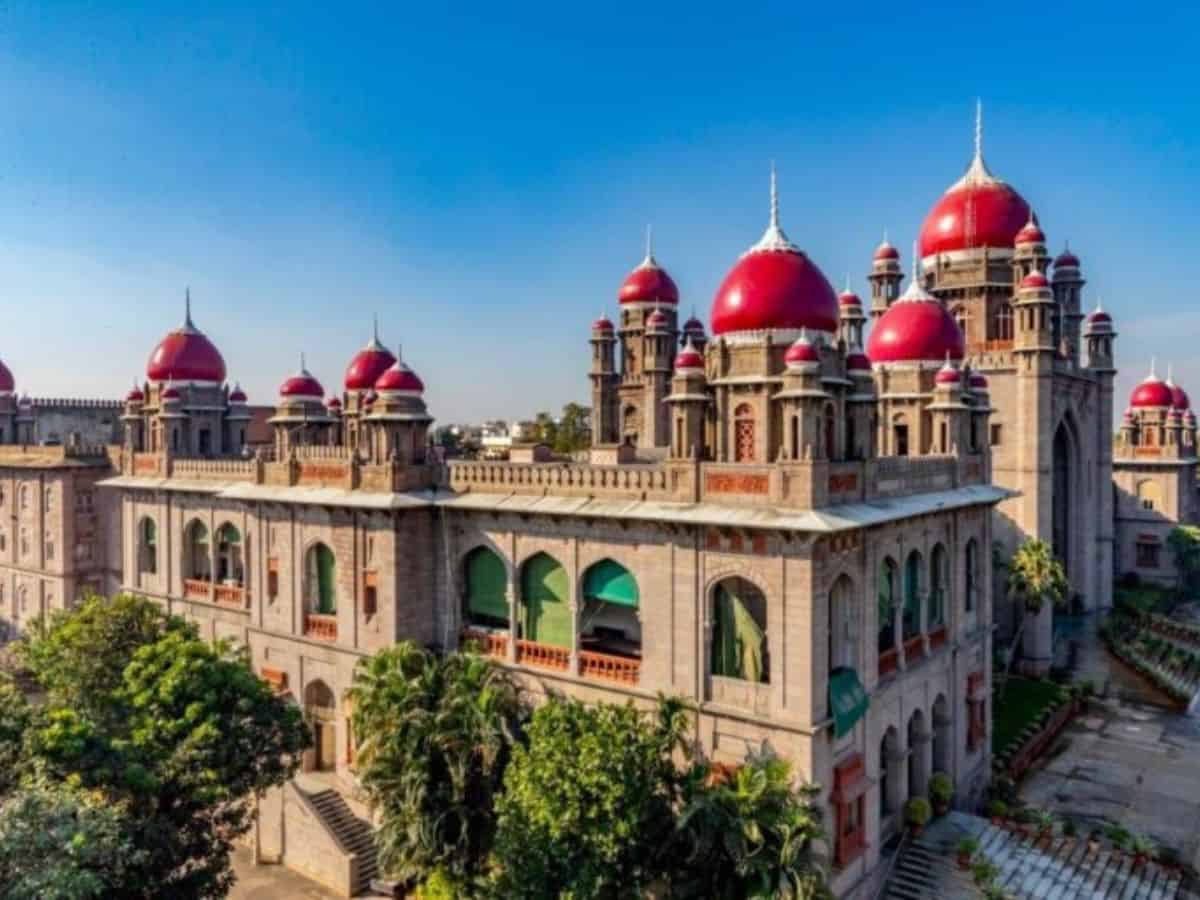
Hyderabad: The advocate for the Bharat Rashtra Samithi (BRS) MLAs argued before the Telangana High Court that the Speaker’s inquiry into disqualification petitions related to their defection to the Congress party is part of the judicial process, but not a function of the legislative assembly.
They contended that the Speaker should appeal against a single judge’s order mandating a schedule for hearings on these petitions within four weeks, asserting that such authority does not lie with the assembly secretary.
In response, Assembly secretary Dr V Narasimha Charyulu filed separate appeals challenging the single judge’s ruling issued on September 9.
The bench, comprising Chief Justice Alok Aradhe and Justice J Srinivasa Rao, continued hearing arguments from both sides on Thursday, November 7.
Senior advocate G Mohan Rao, representing the petitioners, stated that inquiries into disqualification petitions fall under the jurisdiction of a tribunal chairman as per the Tenth Schedule of the Constitution.
He emphasized that the tribunal is part of the judicial system and that courts have oversight authority over its functions.
He insisted that MLAs facing defection charges should not be allowed to continue in their positions. The argument was made that citing previous inaction by the Speaker as a reason to delay decisions is invalid; if one member commits an infraction, it does not justify inaction by others.
The court was reminded that there is a constitutional mandate for decisions to be made within a specific timeframe, and failure to do so would render public trust meaningless.
The petitioners argued that judicial review should not be obstructed by precedents like Kihoto Hollohan’s case when the Speaker fails to perform their duties.
Conversely, senior advocates D Prakash Reddy and B Mayur Reddy, representing the defecting MLAs, argued against judicial interference in the Speaker’s functions, citing several Supreme Court rulings to support their stance.
Due to time constraints, the court adjourned further hearings until Friday.
Kihoto Hollohan vs Zachillhu case
The Kihoto Hollohan vs. Zachillhu case, decided by the Supreme Court of India in 1992, is a landmark judgment that addressed the constitutionality of the anti-defection law, specifically the provisions outlined in the Tenth Schedule of the Indian Constitution.
This case arose from disputes regarding the disqualification of certain members of the Nagaland Legislative Assembly under this law.
The Supreme Court upheld the constitutional validity of the Tenth Schedule, ruling that it did not violate the basic structure of the Constitution. The court viewed anti-defection laws as essential for maintaining political stability and discipline.
The judgment confirmed that the Speaker has significant authority to decide on disqualification matters under this Schedule. However, it also emphasized that decisions made by the Speaker are subject to judicial review, ensuring that they are not made arbitrarily or unfairly.



